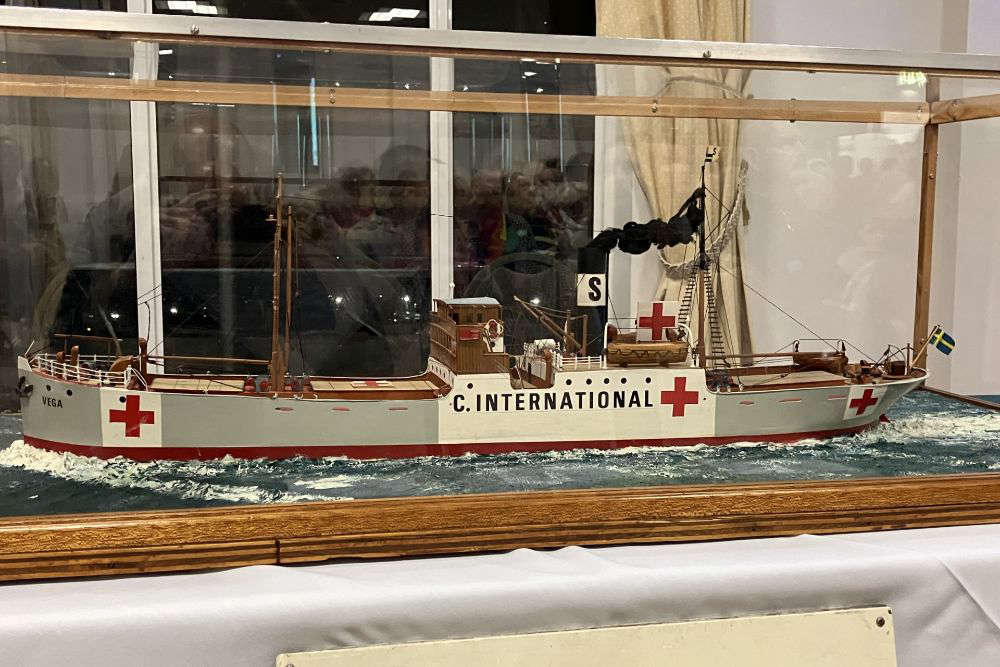
A packed audience in Guernsey heard about the SS Vega, which brought vital Red Cross food supplies to Channel Islanders cut off after D-Day, 1944.
The Guernsey Overseas Aid and Development Commission event at Les Cotils attracted a large audience last night (5 March).
Paul le Pelley, a former Guernsey deputy and now senior member of the Channel Islands Occupation Society, has spent many hours researching the SS Vega, and the International Red Cross during WW2.
He said the vessel's role in delivering food to a population without the means to be self sufficient, under strict curfew, and cut off from French supplies post D Day, literally saved lives:
"The SS Vega came at our hour of peril really. The islands at the time, from August 1944 to late March, early April 1945, had degenerated into a degree of lawlessness."
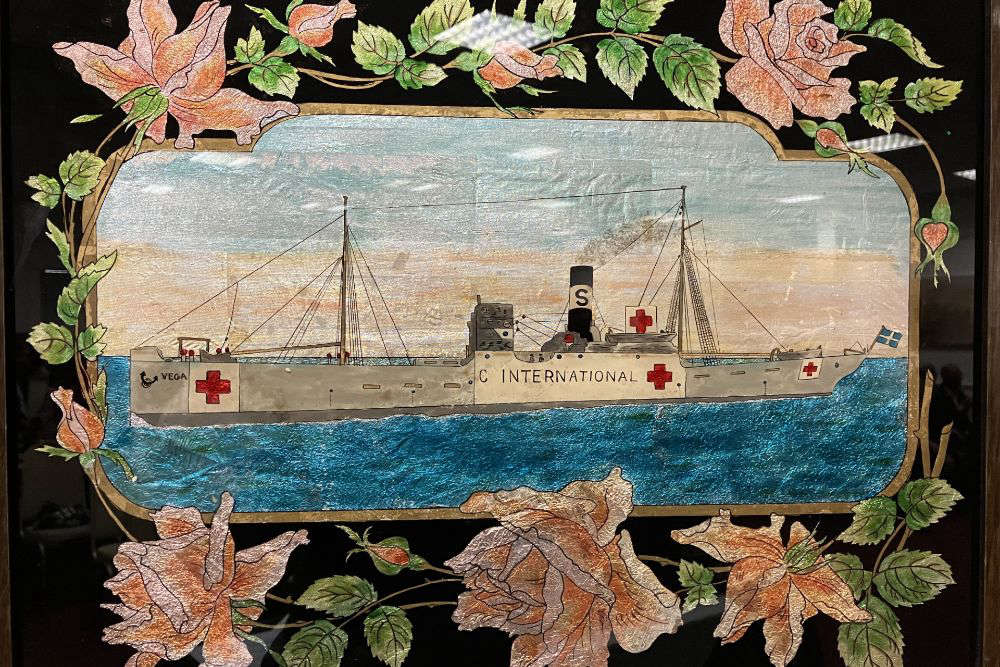
Despite being surrounded by the sea, beaches were heavily defended with bunkers, mined, out of bounds and fishing strictly controlled. People in the rural parishes fared a little better because they could grow food, but those in built-up areas of Guernsey and Jersey had little to eat.
The International Red Cross was asked to help with food supplies and Mr Le Pelley said it had strict instructions, from the Germans and the Allies, about its route to ensure it wasn't torpedoed or bombed by either side. Portugal was the main Red Cross supply base:
"Permission was granted for the SS Vega to draw on supplies and stores held by the Red Cross in Lisbon."
The Vega made the five or six day journey from southern Portugal, a neutral country, several times, generally stopping at Guernsey first, then onto Jersey, then back to Lisbon:
"It made five trips during the Occupation, and one just after, bringing in absolutely vital food and other items."
Mr Le Pelley's slide show included a picture of the Vega in St Helier on 9 or 10 May 1945, swamped by islanders.
He described how the food boxes were offloaded by German troops, put on the German light railway in St Peter Port and taken a mile or so to St George's Hall, the distribution centre. Occupying forces were not allowed, by international law, to touch the parcels.
The food wasn't appetising by modern standards, but to half starved islanders, it was a godsend. Parcels were designed to be calorific and included tinned cheese, tinned meat, cocoa, sugar, sardines and a milk powder called 'Klim' - Milk spelt backwards.
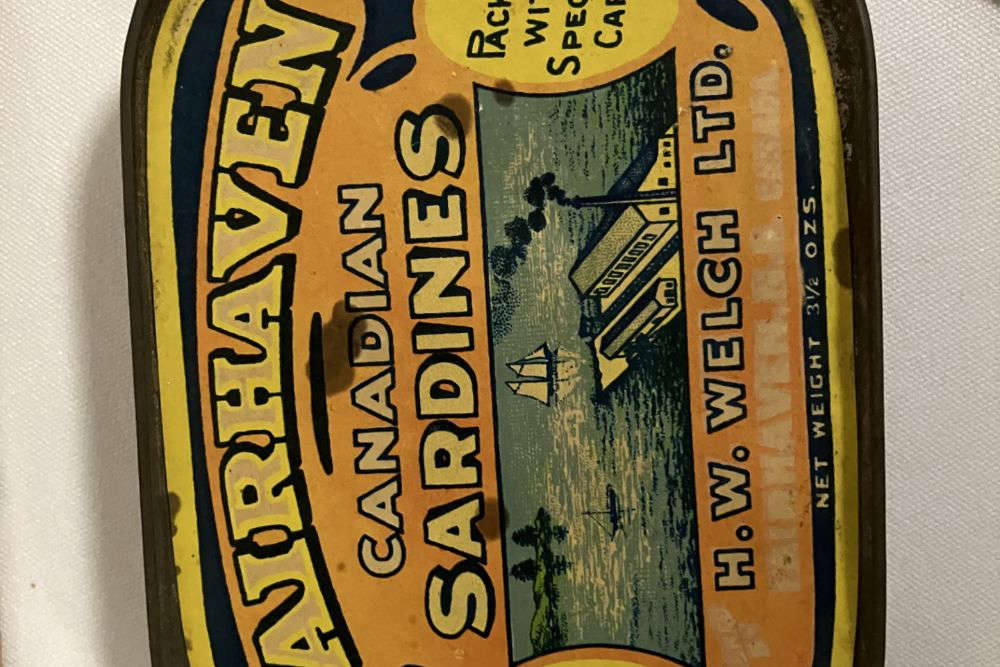
Mr Pelley says there was also a lot of tobacco on board, considered essential in those days: "Including five and a half tonnes of cigarettes."
Following the talk, invited members of the International Red Cross spoke about their modern day role, including relief efforts in Ukraine.




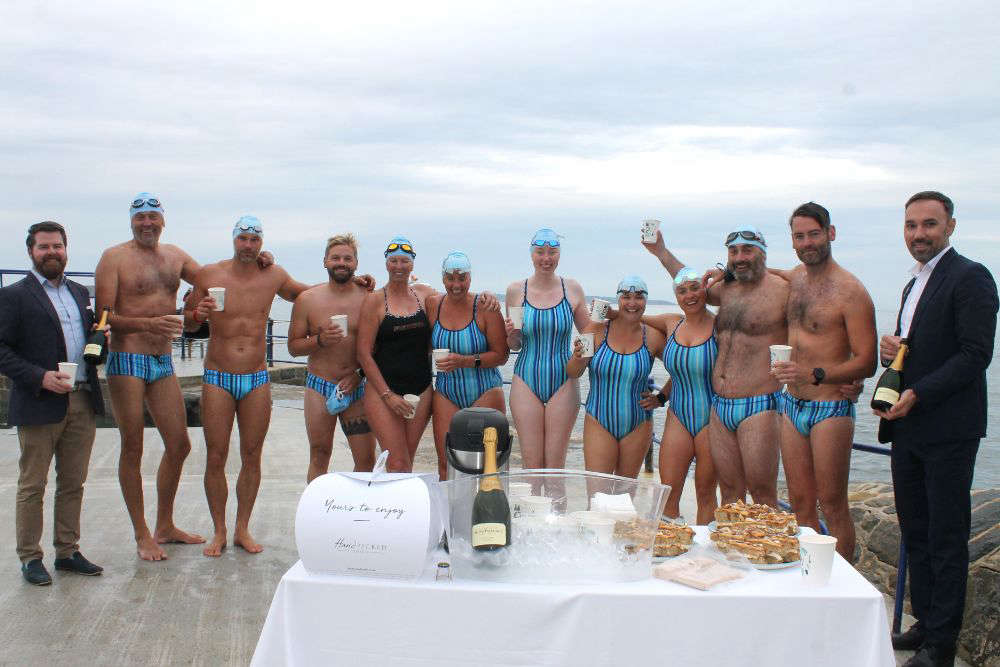 Could Guernsey become a swimming holiday destination?
Could Guernsey become a swimming holiday destination?
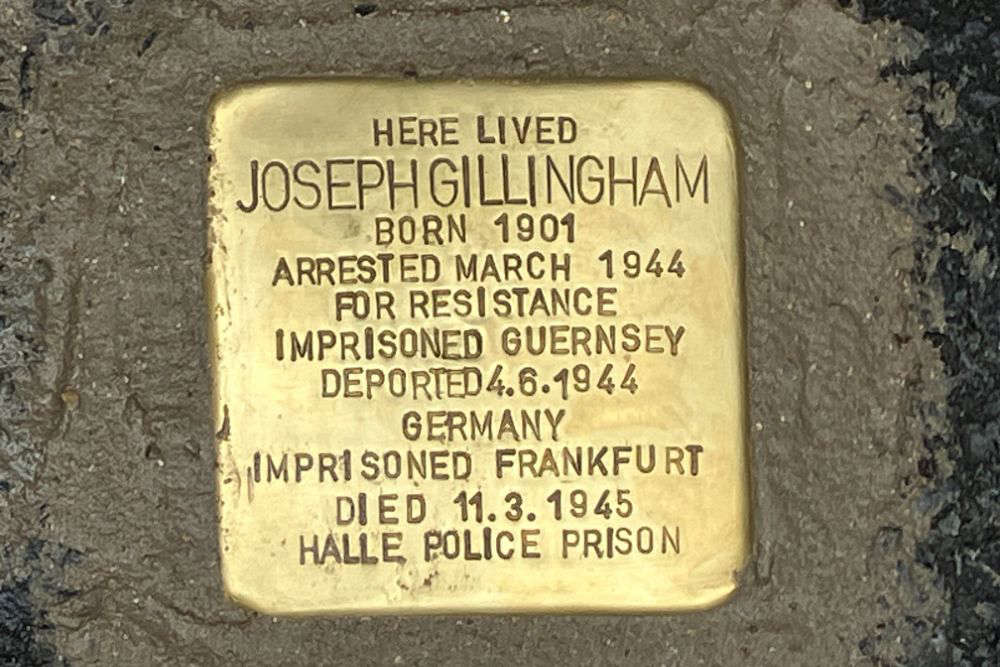 Emotional gathering in Guernsey for laying of memorial stone
Emotional gathering in Guernsey for laying of memorial stone
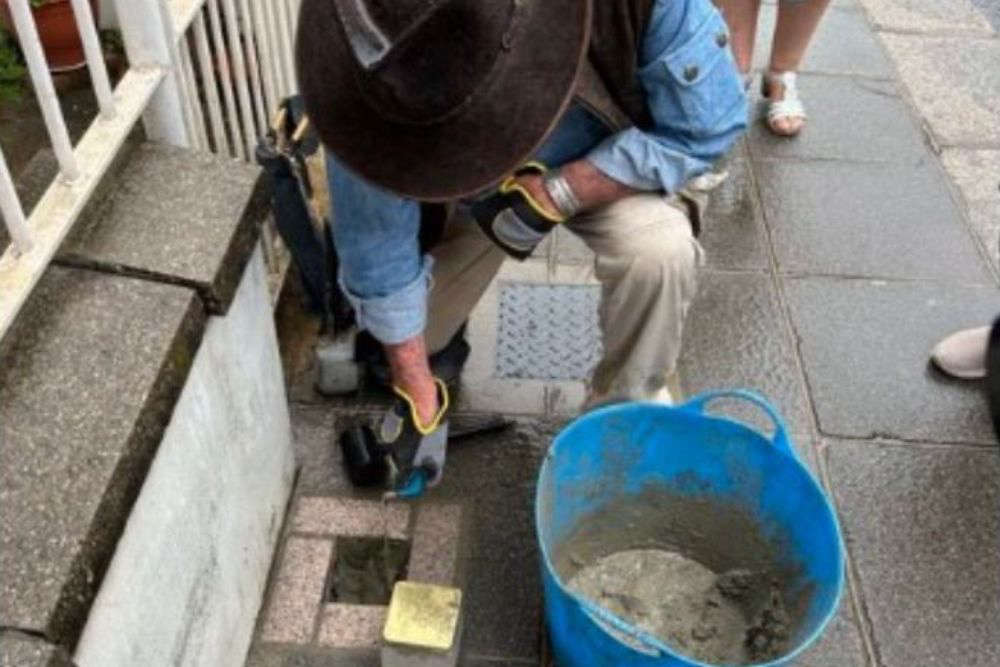 Engraved memorials to Guernsey people killed or brutalised by the Nazis
Engraved memorials to Guernsey people killed or brutalised by the Nazis
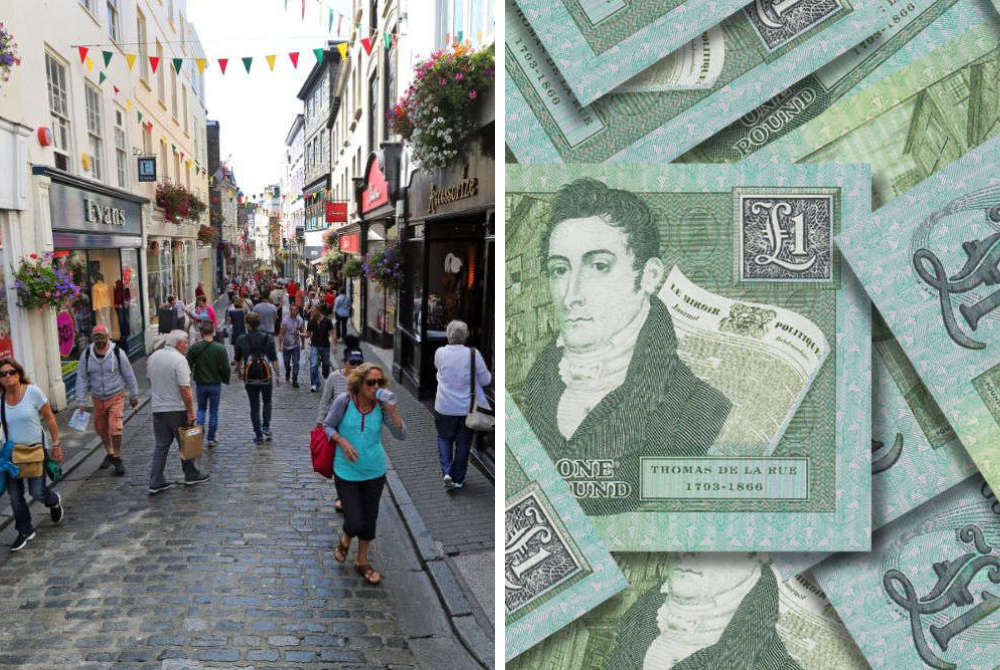 Inflation in Guernsey may be slow to fall further says economist
Inflation in Guernsey may be slow to fall further says economist
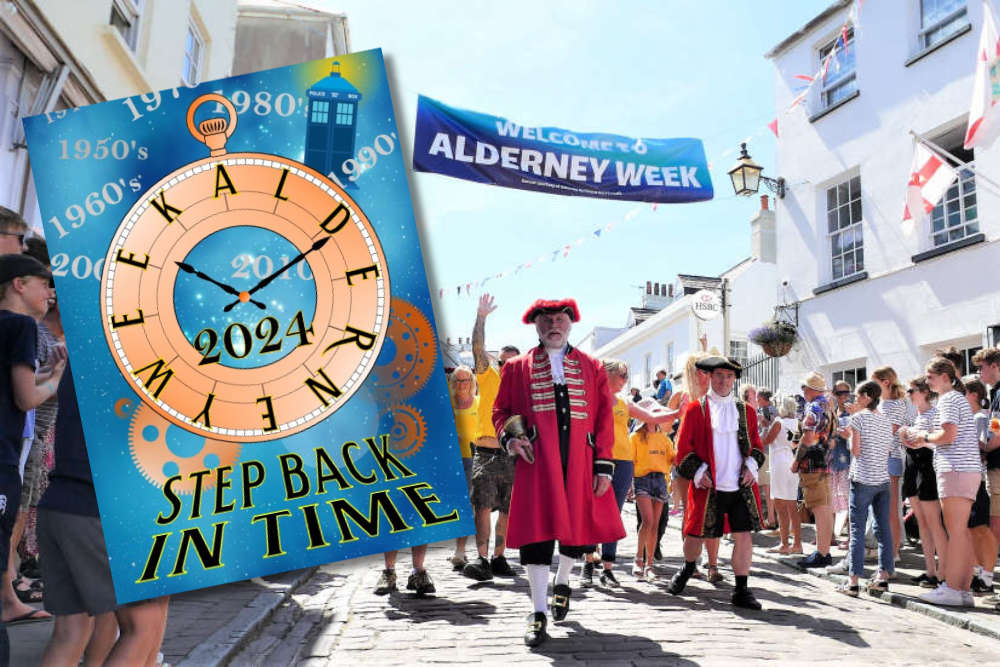 What to expect for the 75th Alderney Week
What to expect for the 75th Alderney Week
 Nuclear risks to the Channel Islands remain very low
Nuclear risks to the Channel Islands remain very low



